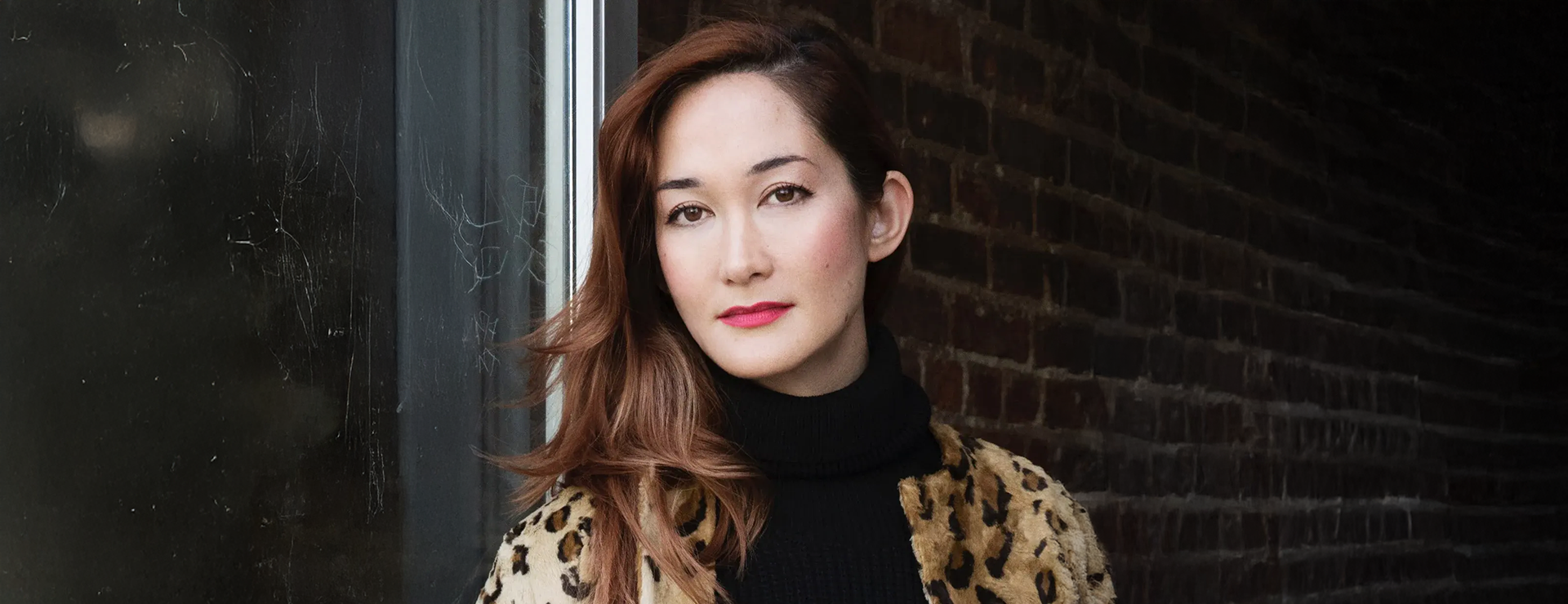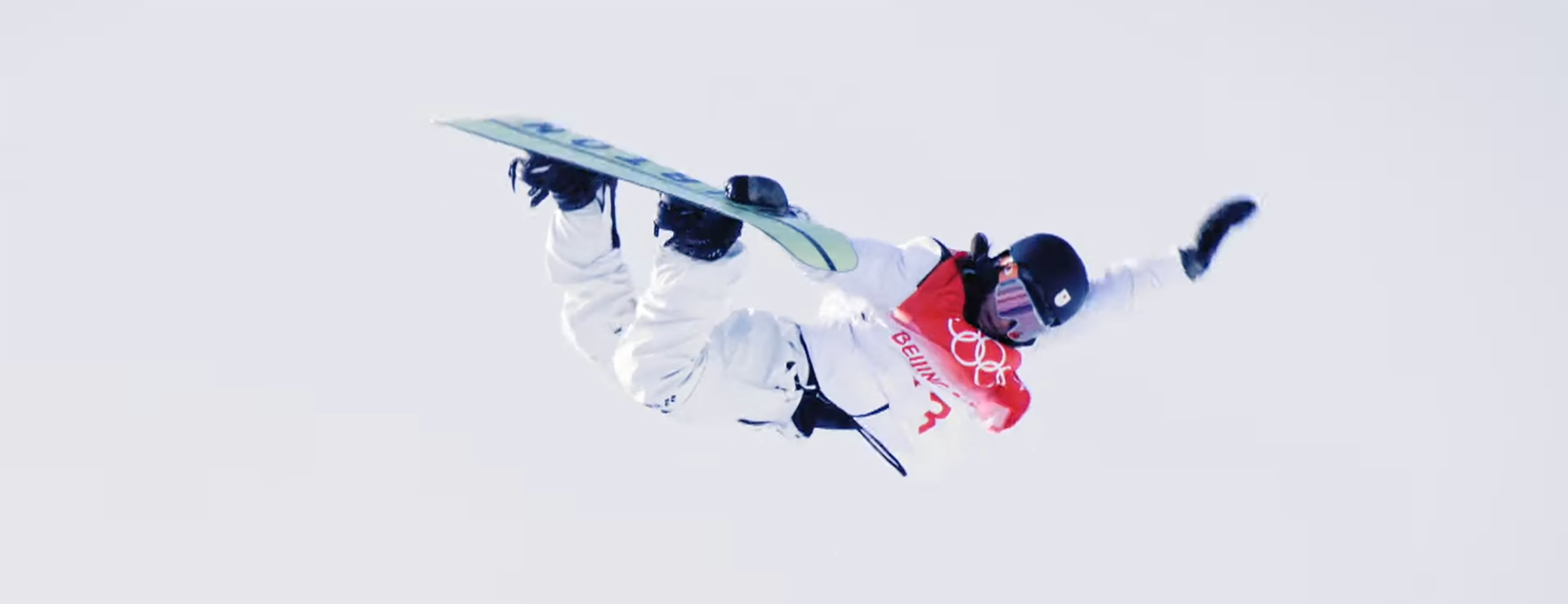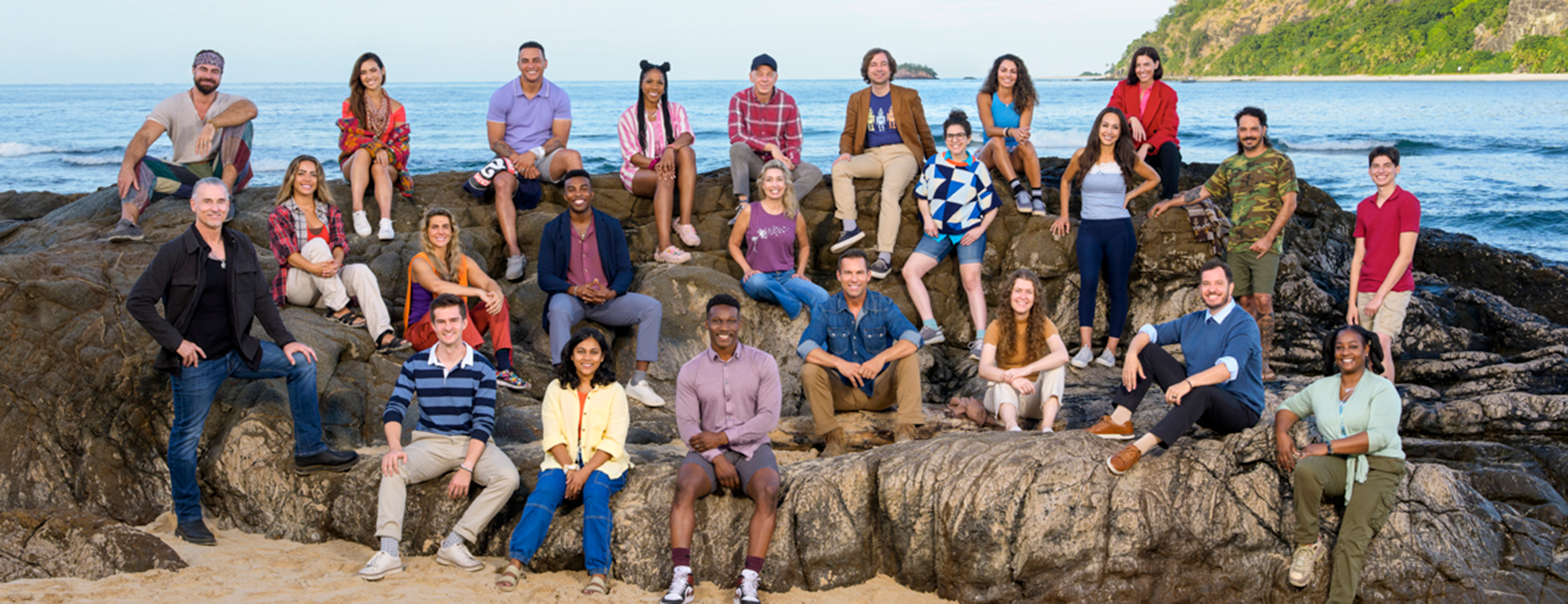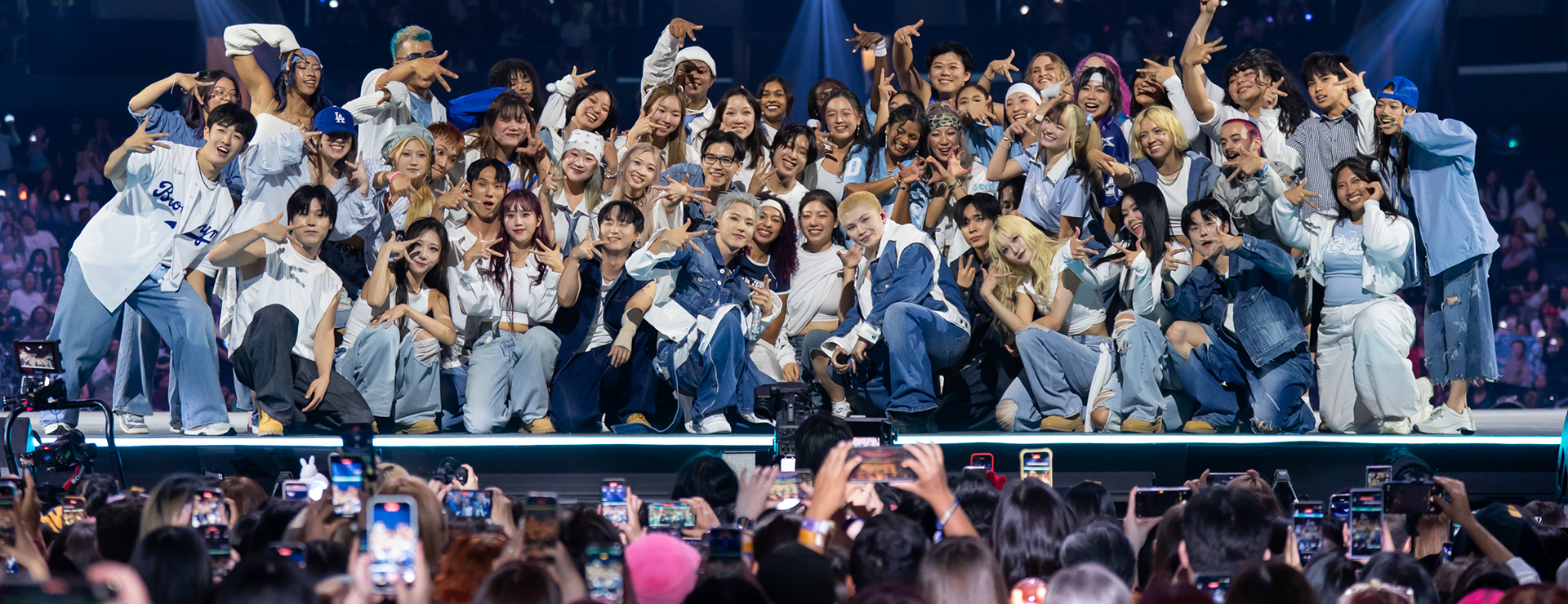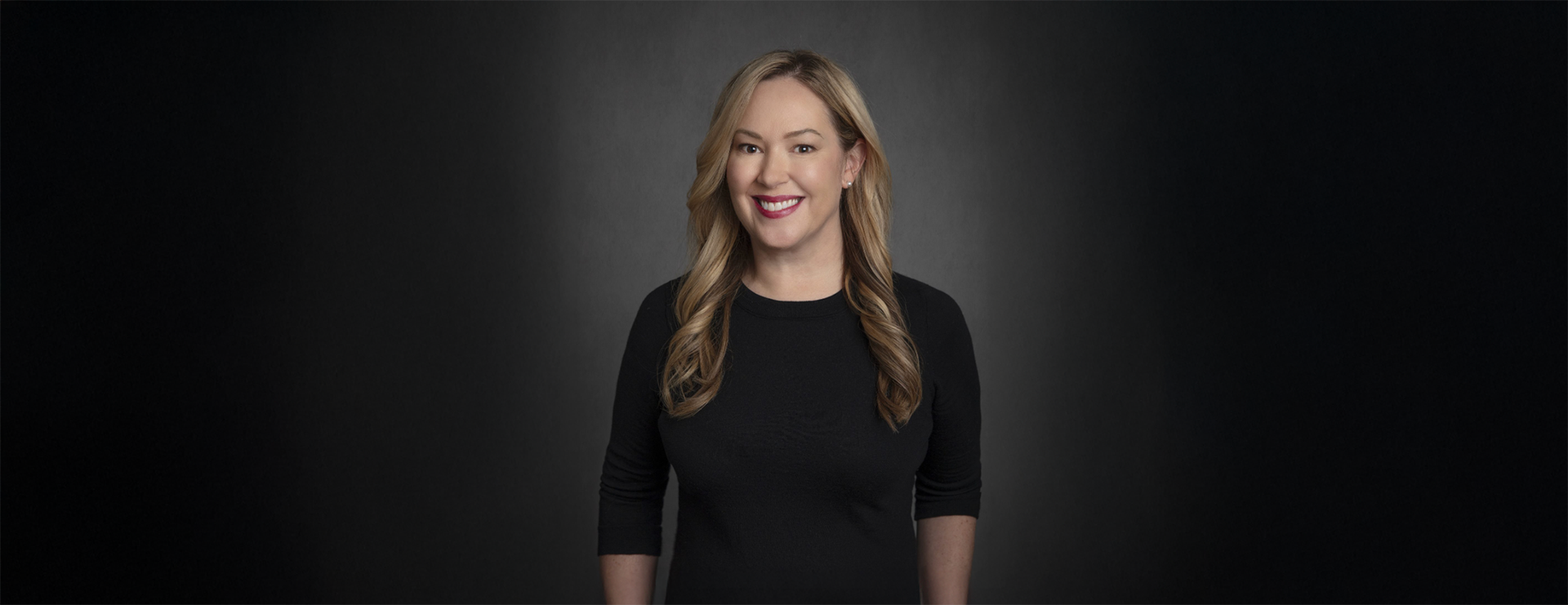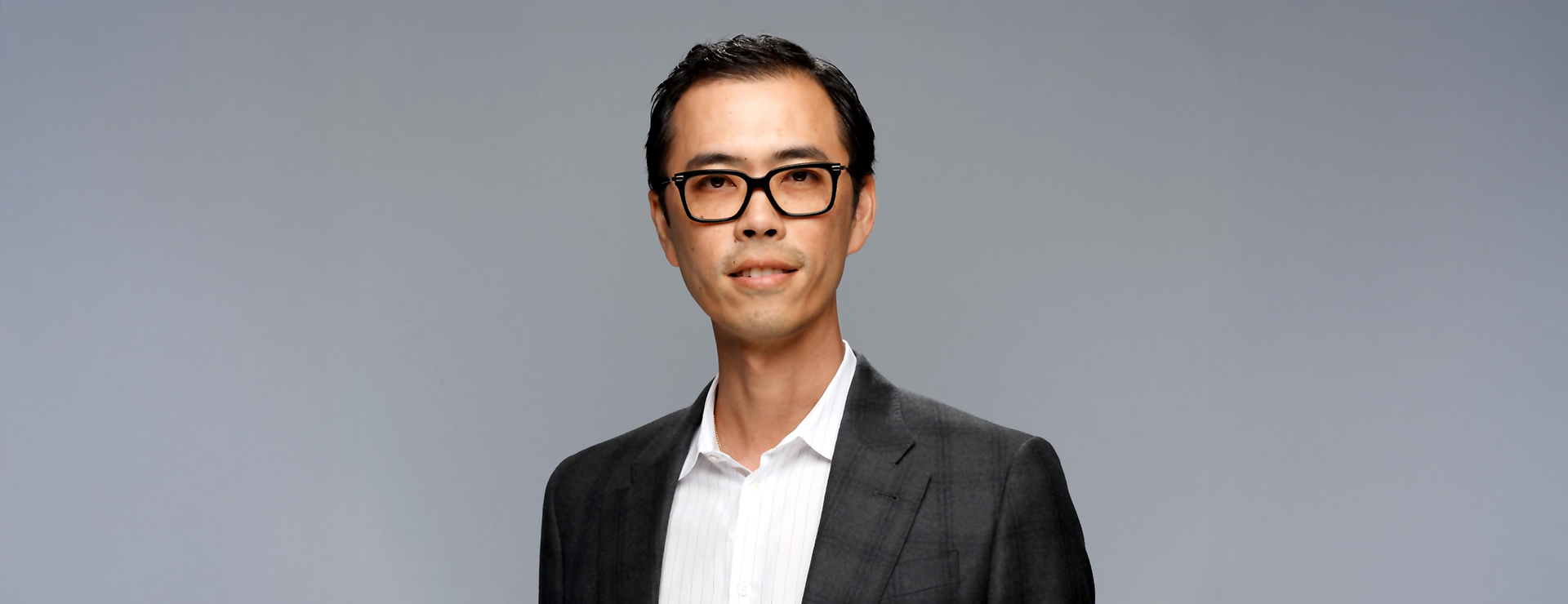Even though Jessica Babila was just starting her second day at her new job as VP, entertainment social at entertainment marketing mega-firm, Trailer Park Group, she took a minute to talk to Spotlight about marketing movies. Babila got her start in theatrical marketing at YA-focused Fox Atomic and then went on to New Regency Productions before moving to the agency side.
Babila also is just coming off her first time stint as a juror on G.E.M.A.’s 2024 North America TV/Streaming jury, the awards ceremony for which will be held Thursday, October 17 at the Peacock Theater in downtown Los Angeles (Register to attend!).
In this week's interview, Babila talks about the fun of marketing horror movies, the thoughtfulness of marketing prestige films and how you’ve got to raise your hand and open your mouth if you want to move up and on.
Spotlight: You’ve worked in marketing across film, streaming and social media. What would you say are the similarities in marketing across all of these platforms and what are the clear differences? For example, are there ways that film marketers tackle marketing their product that are consistently different from the way TV marketers do it? And how has social media changed all of it?
Jessica Babila: A lot of the time they are similar for the most part but in some ways they are also so different. A film campaign sticks with the usual beats, such as releasing the key art and trailer on the same day or just 24 hours a part. Whereas I feel like TV and streaming clients will release an announcement piece months before anything even comes out.
Spotlight: How would you say everything moving to digital and the emergence of social-media platforms like YouTube and TikTok have changed the way you approach film marketing?
Babila: I love that everything is very social-heavy. I love being able to jump on a trend and play with it. Social is where everyone is. That's where even my own mom is! I just think it opens a lot more doors and reaches a lot more people, which I really love about the space. I try to utilize it and have fun with it as much as possible.
Spotlight: The last big movie that you marketed before coming to Trailer Park was horror thriller Never Let Go starring Halle Berry. What are some social trends you jumped on to market that movie?
Babila: That was with the Lionsgate team and I was the vendor and on the social side. We created over 60 social pieces for that campaign. We jumped on the release of A Quiet Place: Day One. Lionsgate had the great idea where we kind of mimicked the zeitgeist of A Quiet Place with a piece that said “Being quiet won’t save you.”
It almost seemed like it could have been A Quiet Place piece but it was all ours, showing our cast and our movie. I thought that was really fun.
Spotlight: Besides Never Let Go, you’ve also marketed such horror movies as Saw and Scream. I feel like horror has been through a sort of renaissance and people are really into it as a genre. I am not one of those people but why do you think people gravitate towards horror?
Babila: Having been in the space for a very long time, I go to all of these things. I go to conventions, I go to the films, I go to pop ups. The space has always been very rabid. I just think it feels a little trendy right now, and it might just be about the space everyone is in emotionally. Horror is a nice release, right? It lets you feel that fear, but then you're fine afterwards. It's that internal release.
Spotlight: Conversely, you also have marketed such Oscar-winning prestige films as 12 Years a Slave, Birdman and The Revenant. Is it harder to create social campaigns around movies like these because you can’t be as playful?
Babila: Yes, you have to really bring some extra thinking but you still want to create moments that are sticky for the audience. You have to be respectful, especially around certain things. For 12 Years a Slave, we actually looked into the family tree of Solomon Northrup (the movie’s main character and historical figure). We found members that were related to Solomon Northup, and we started telling their stories.
We also sent Lupita Nyong’o to Solomon Northup day in New York. We were trying to be very thoughtful, but have some of those sticky beats, right?
For The Revenant, we did a whole curated art exhibit at the Taschen Gallery in Los Angeles. I got all the props, while director Alejandro Iñárritu curated it. We had stills that were blown up throughout the gallery. We had tons of props. And we invited everyone to come take a look at the art of everything because essentially these movies are art.
Spotlight: Speaking of movie art, how do you feel the role of key art has changed in movie marketing?
Babila: Key art is the first look of what this whole thing is about. I think it's still super important. I think people should continue to get creative with them. We even have these motion posters now and I would actually like to see those pushed even a little further.
Key art is the one thing that doesn't have to tell you the whole story. It’s one thing that gets you thinking. I still think it's a very important beat, and it's one that can get people to use their imagination a little bit and kind of guess ‘what is this about?’
Spotlight: How have you seen the roles of women change in entertainment marketing over the years? Is there anything you think could be done to increase opportunities for women in entertainment marketing?
Babila: I have been very lucky to have people champion me to grow in my career. It's not the same for everybody. That's why we need to speak up when there's an opportunity that arises. If you want to continue to grow, you need to put yourself out there. No one's just going to say, ‘oh, I think you're great for this.’ It just rarely happens. And so you need to bring it to the forefront and say, ‘I know I can do this. I want to do this. Can you give me the opportunity to do this?’
The other part of it is you need to find those people who believe in you and can help push that narrative for other people on the team who make those decisions.
Spotlight: What led you to be on the GEMA jury this year? And have you been on it before?
Babila: This was my first time. I like to say yes to as many things as I can, especially when it's impactful to our industry in some way. And I felt like I can bring a lot of the knowledge that I have to these rooms.
Spotlight: Is there anything you saw that stood out to you in terms of the trends or kinds of work that you saw?
Babila: One that stood out to me was a very interesting use of footage that I see rarely done. I thought that was really unique, where they combined a special shoot with film footage, but still had a through line, a whole narrative through line.
I enjoy when there’s an extra layer of thinking. I always tell my teams, we’re not reinventing the wheel but if you can add that extra element, that extra zing, that will make the piece so much stronger and more impactful for your audience.








